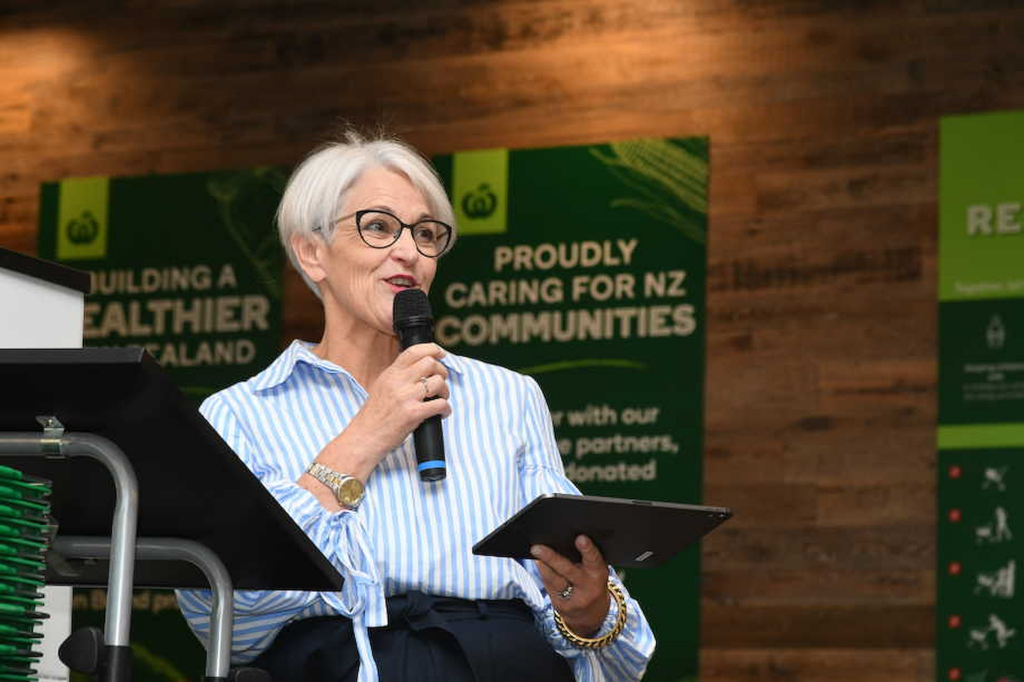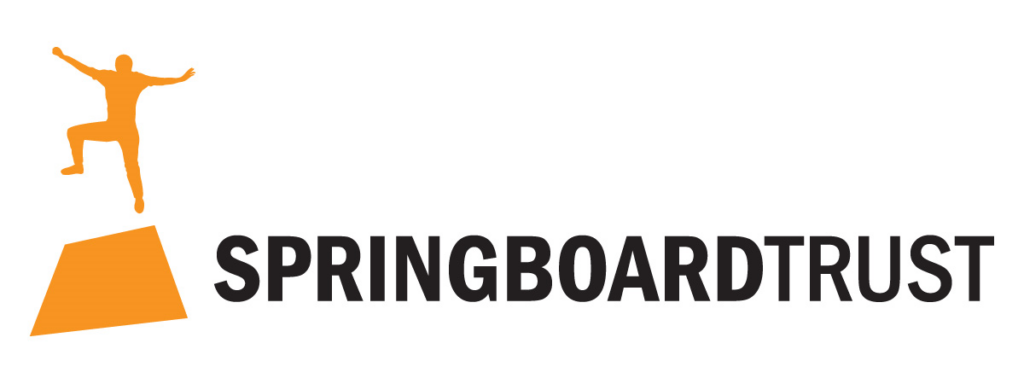Wendy Kofoed, principal at Newmarket Primary, is energised.
When we speak over Microsoft Teams for a spare half-hour she has carved from her day, the pace of the conversation is rapid – not necessarily because of time constraints, but because she is simply bursting with discussion. Russell Bishop’s ongoing work, the pains of working from home, Pasifika education planning – the ground we cover is immense to the point that this discussion is pared down from some 1,500 words of notes.
Her willingness to take ideas and run with them shone through during our Leading for Equity event. Despite being an online series of sessions, Wendy was engaged directly from the get-go, posing questions and provocations to speakers and participants alike.
Seeing that desire for continued learning during the event, we thought Wendy would be fantastic to speak to for her reflections on the sessions – here are some of her thoughts.
Moving beyond schooling traditions
Wendy decided to attend the event after seeing the calibre of speakers – particularly keynote presenter, Professor Russell Bishop.
“I didn’t want to miss this professional learning event. I loved the notion of being able to pick and choose which sessions I attended and bring in people in from our leadership team based on their interests.”
“Russell’s work has been huge for me, and as a primary principal I found Teaching to the North-East to be very relevant to our current work at Newmarket School. To have him reinforce the importance of school culture, of a relationship-based atmosphere, whanaungatanga to the fore, where people enjoy learning – it reinforced a lot of the connection-based work we used to support our students and their whānau during lockdown.” “Russell’s style of delivery was very engaging, but with such a hard-hitting message – that we can solve these issues, that there are actions we can take.”
But with the reinforcement came some challenges, particularly when it comes to class structure.
“I felt challenged by Russell on the concept of streaming. Even if we don’t have explicit streaming in primary schools our organization of students reinforces the same ideas. But how to move beyond it, beyond those traditional school organization methods? We can do it in some areas, like with our mathematics classes – but we struggle to move away from ability grouping when teaching reading.”

Putting plans into action
Where Wendy’s energy is focused right now is action – and how to translate some of the ideas offered up during Leading for Equity into practical steps. Though she is very aware that any changes need to be well thought through, mindful, as 2020 has been a challenging year for all.
“Laurayne Tafa spoke a lot about interruptions – and it got me thinking about what interruptions actually are now, considering we’ve just been through the biggest one possible!”
“It tied in nicely with Russell’s work – if we’re valuing culturally responsive pedagogy and relationships, we need to look at who gets interrupted by what. What is interruptive for one person could be a vital piece of learning for someone else, and we need to start working through those ideas.”
“The board are reviewing our Annual Plan and our Strategic Plan in the wake of COVID, making sure the goals are those relevant for these new times. We have our ongoing work implementing the updated Pasifika and Māori Education plans, a strong focus on local curriculum, and for a hauora and wellbeing focus I am interested in whether it is possible to structure a school to support a four-day week schedule.”
“What’s the saying? You can’t let a good crisis go to waste? The community is telling us that, and we’re excited to see what we can put into action.”
“The lockdowns were not as difficult for our school as it has been for others as we are 1-1 device right through the school, teaching and learning continued fairly smoothly with feedback from students and parents very positive. Some of the principals I spoke to in the breakout rooms during Leading for Equity described the many inequalities their students faced under lockdown, which was gutting and should not happen in a country like New Zealand.”
The challenge from students
A moment that stuck with Wendy from the Leading for Equity event was during Michelle Johansson’s session, where she spoke to teachers and leaders viewing children through their personal lens, and not the child’s own.
“Work in school can sometimes be more about the convenience of the adult, or the more traditional and safe ways of working dominating in the classroom – some things are hard for we adults to let go of.”
“At Newmarket, we’ve got a strong and articulate student body, who love to give us feedback. They challenge us with their perspective, which ensures we have their lens, their needs to the fore. It’s the kind of thing that helps us cement relational pedagogy on their terms.”
This is all work that preceded the Leading for Equity event, but Wendy has welcomed the reinforcement on the direction her school is heading in. And while it isn’t a learning in and of itself, there was a key message in the ASB & Springboard Trust panel session that provided some welcome reassurance.
“It was useful hearing that people, that experts don’t have the answers!”
“There was amazing pragmatic discussion, but the honest admission that silver bullets don’t exist for every problem – that was really nice to hear.”
That, we hope, is a key message for everyone who came to our event. All the frameworks and ideas in the world won’t necessarily translate into easy practice for every school – but focusing on what’s ahead of you and accepting the unknowns can still be a positive start.








